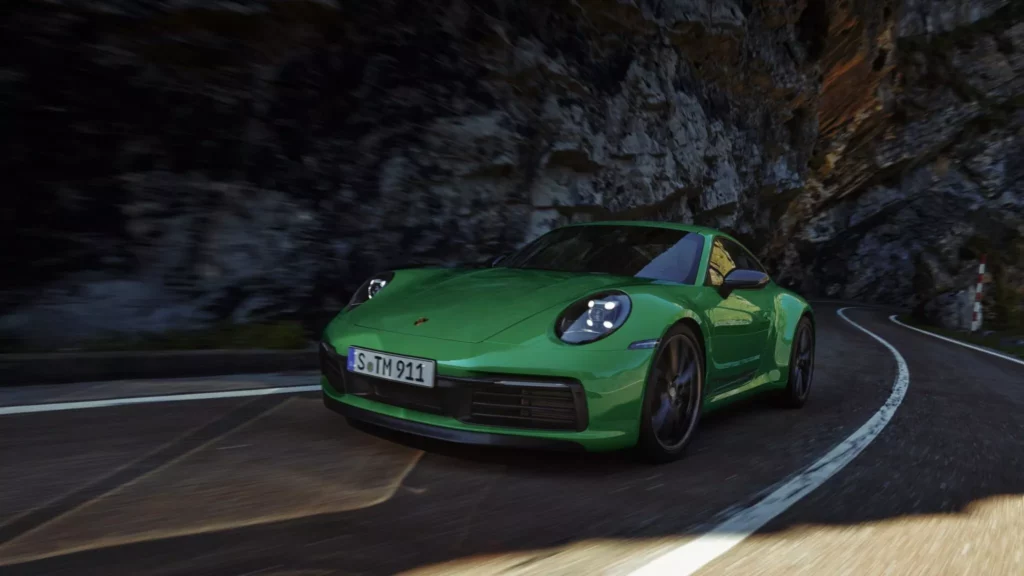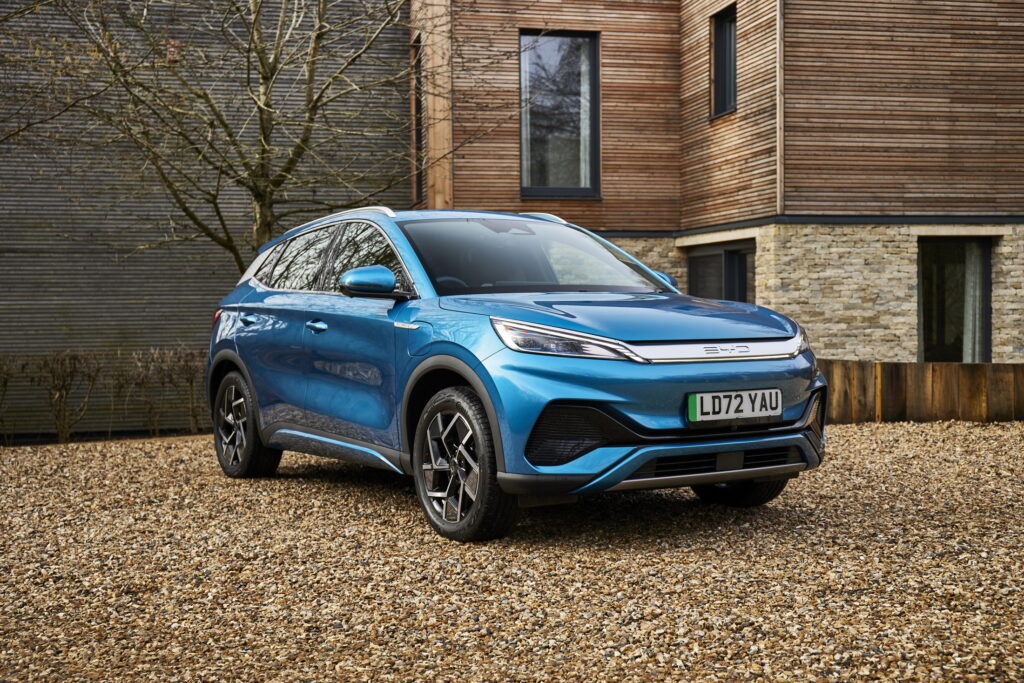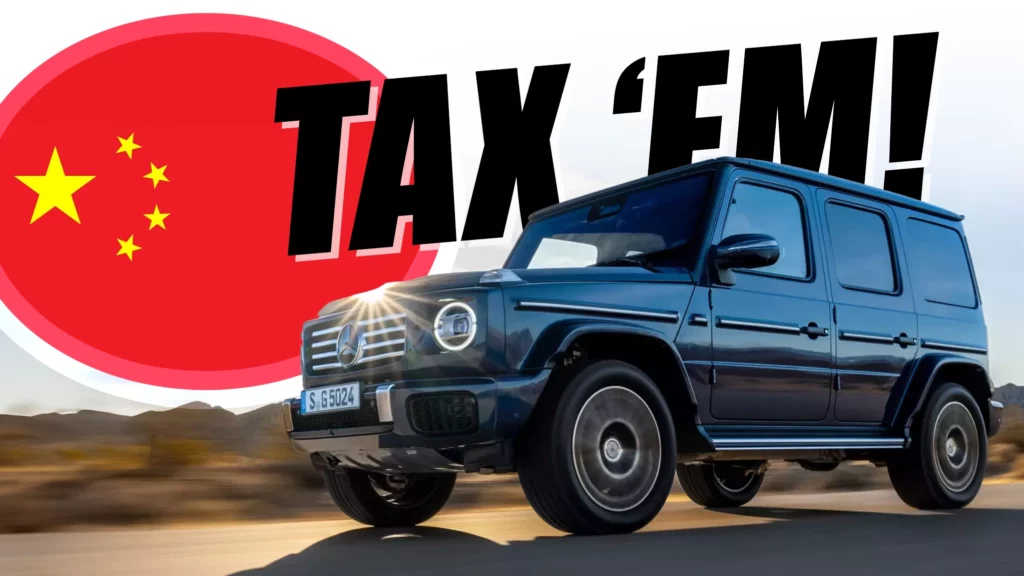- Leaders in Europe and China want to strike a tariff deal to de-escalate trade tensions.
- Chinese car companies and European brands recently met in Beijing to discuss the issue.
- German carmakers have exported $1.2 billion of applicable cars to China this year.
Several Chinese car manufacturers want large combustion-powered vehicles imported from Europe hit with 25% tariffs in response to the European Union’s decision to increase import tariffs on Chinese EVs by up to 38.1%.
Earlier in the week, a closed-door meeting organized by China’s Ministry of Commerce was held in Beijing to discuss options. The meeting was attended by SAIC, BYD, BMW, Volkswagen, Porsche, Mercedes-Benz, Stellantis, and Renault, plus at least two other Chinese auto manufacturers.
Read: China’s 2024 BMW 5-Series And i5 Debut With Extended Wheelbase And Rear-Passenger Screen
The meeting aims to put pressure on Europe and lobby against the new EV tariffs. According to Bosch chief executive Stefan Hartung, the announcement may trigger talks between China and the EU as the tariffs announced by Brussels allow for review.
In May, a Chinese auto research center affiliated with the government suggested raising import tariffs on gas-powered cars from Europe with engines exceeding 2.5 liters from 15% to 25%. Data from the China Passenger Car Association reveals that 196,000 vehicles with engines bigger than 2.5 liters were exported from Europe to China last year, an 11% increase from the previous year. While exports of these vehicles dropped 12% through the first four months of 2024 to 44,000 units, German car manufacturers have still exported $1.2 billion of applicable cars to China this year.

Reuters understands that leaders across Europe and in China want to reach a deal in the coming months to de-escalate trade tensions.
The European Commission announced tariffs against Chinese EVs earlier this month, varying depending on the brand. For example, SAIC has been hit with the maximum 38.1% levy on top of the existing 10%, while BYD has escaped with a more modest 17.4% tariff increase. Car manufacturing giant Geely faces a 20% tariff increase and car companies not individually investigated by the commission face a 21% tariff increase.




